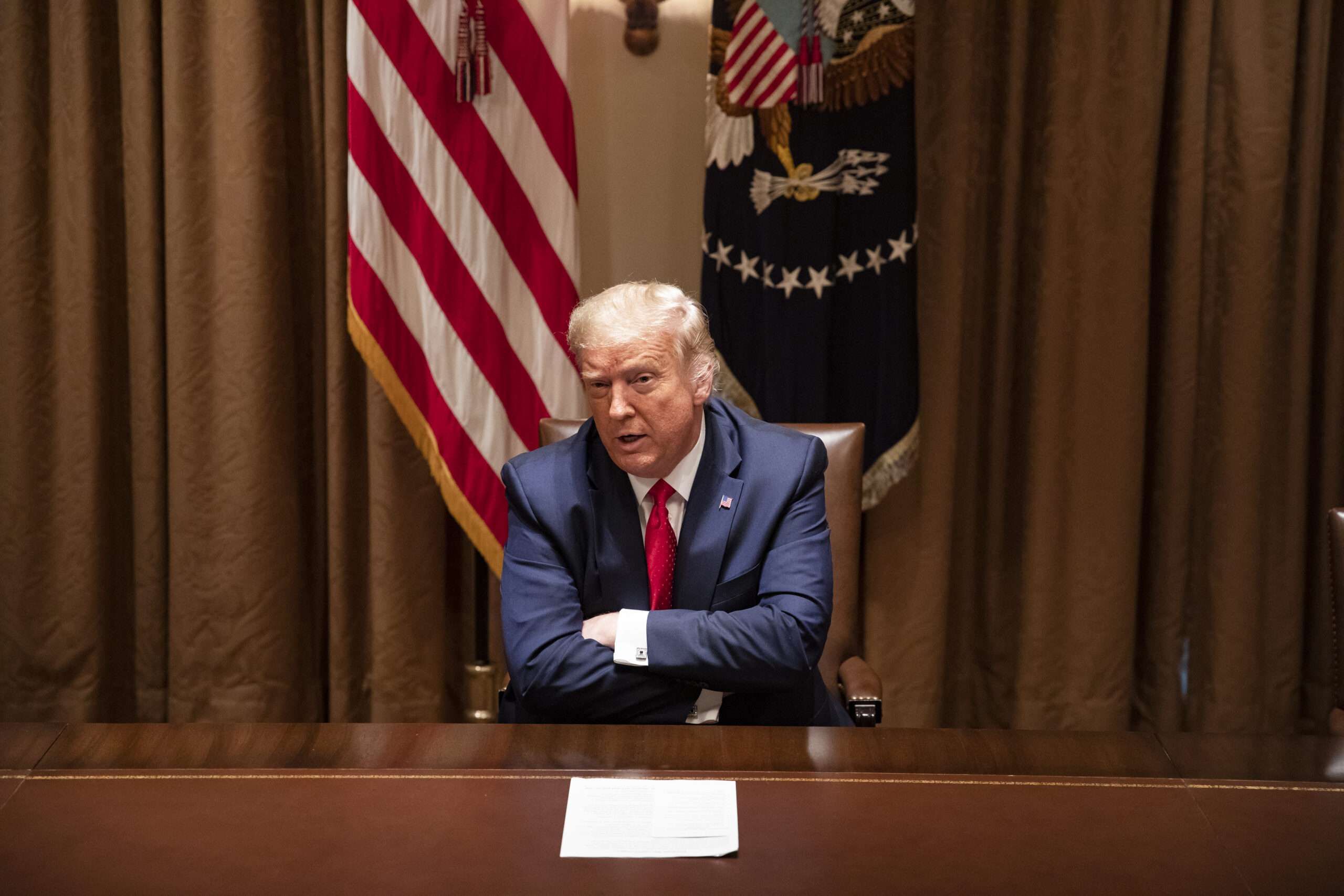Many of the wealthiest Americans are refraining from publicly endorsing a candidate for the 2024 presidential election due to fears of retribution if former President Donald Trump is reelected. Regardless of political affiliation, the solution to this dilemma should be straightforward: reduce the size of government and limit the president’s powers.
According to a report in The Washington Post, billionaires and top executives have opted to stay out of the race, with some even avoiding endorsement of Democratic candidates, seen as a gesture towards the GOP nominee. Warren Buffett, who previously endorsed Democratic candidates, announced that he will no longer support political candidates. Owners of The Washington Post and Los Angeles Times intervened to prevent the endorsement of any candidate, leading to backlash from subscribers.
The concerns expressed by billionaires about potential repercussions from a Trump administration highlight the need to limit the power of the president. Trump has a history of using federal power to retaliate against perceived enemies, making the prospect of unchecked executive authority alarming.
Progressives may argue against billionaires influencing politics, but it is important to consider the context of their dependence on government support. By reducing government influence over the economy, the need for business leaders to influence political outcomes would diminish.
Some fear that Trump’s economic policies could target companies and CEOs who opposed him. Trump’s proposed tariff agenda could give him excessive power to punish those who oppose him, highlighting the need to reform presidential tariff powers to prevent potential abuse.
Former President Bill Clinton has warned about the threats Trump poses to democracy and the rule of law, emphasizing the importance of safeguarding against potential retribution and subversion of democratic processes.
During his campaign rally at Madison Square Garden on Sunday night, Trump referenced Speaker of the House Mike Johnson (R–La.) and hinted at a secret they share, promising to reveal it after the race is over. Politico speculated that this could be related to the House settling a contested election.
The reference likely stems from the pressure on then-Vice President Mike Pence in January 2021 to overturn the election results. Johnson was labeled by The New York Times as the key figure behind the Electoral College objections.
The Electoral Count Reform and Presidential Transition Improvement Act of 2022 clarified that the vice president, not the speaker of the House, is responsible for counting electoral votes, with purely ministerial duties. Any objections to electoral results would require support from at least one-fifth of members in both chambers of Congress, followed by a majority affirmation.
This legislation aims to prevent any abuse of power by a candidate seeking to influence the vote-counting process. It also restricts the president’s ability to target political adversaries, a principle that both Republicans and Democrats should endorse.
In light of past controversies, such as allegations of illegal campaign spending by individuals like Mark Zuckerberg, limiting the president’s authority to pursue political vendettas is crucial. This should be a shared goal regardless of political affiliation or preference for the next president.
While Americans may differ on many issues, curbing presidential power over political foes should be a universal priority. The focus should be on upholding democratic principles and ensuring fair and just governance.
Source link






